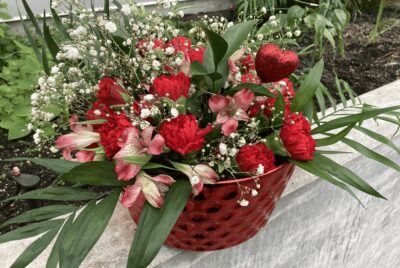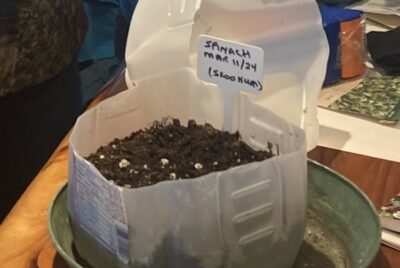RESEARCH
The Benefits of Gardening for Older Adults: A Systematic Review of the Literature
Summary
This systematic review explores the numerous benefits of gardening for older adults. The study found that gardening activities, whether at home or in community settings, can significantly improve the overall well-being of seniors. Gardening was associated with various physical benefits, including improved hand and body strength, enhanced flexibility, and decreased bodily pain. It also offered cognitive advantages, such as improved memory and attention, especially for those with dementia symptoms. Psychosocially, gardening was linked to reduced anxiety, improved mood, increased social interaction, and enhanced self-confidence.
The research highlighted that gardening can be a valuable tool for promoting healthy aging, regardless of the garden’s size. Even small-scale gardening activities, like tending to potted plants, showed positive effects. The study also found that older adults who had positive attitudes towards aging tended to experience more benefits from gardening. Additionally, participation in gardening clubs or community gardens provided opportunities for social engagement and building a sense of community among older adults.







